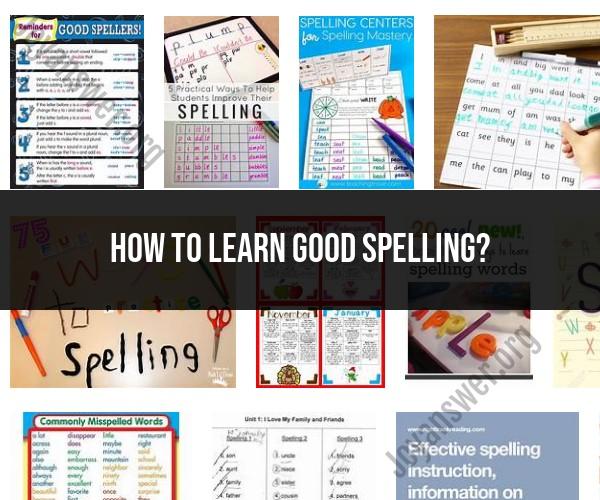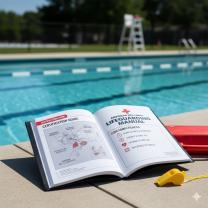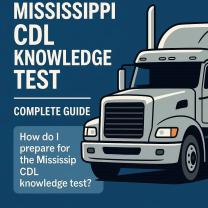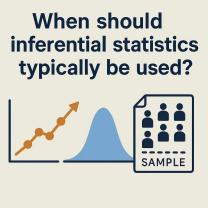How to learn good spelling?
Learning good spelling skills is essential for effective communication and writing. Here are some tips to help you improve your spelling:
Practice Regularly:
- Like any skill, spelling improves with practice. Dedicate time to regular spelling practice.
Read Widely:
- Reading exposes you to a wide range of words and their correct spellings. The more you read, the better your spelling will become.
Use a Dictionary:
- Keep a dictionary handy and use it to check the spelling of unfamiliar words. Online dictionaries are also convenient.
Create Word Lists:
- Maintain lists of words you frequently misspell. Review and practice these words regularly.
Break Words into Syllables:
- Divide longer words into syllables to make them easier to spell. Focus on each syllable's spelling.
Learn Spelling Rules:
- Familiarize yourself with common spelling rules, such as "i before e except after c," and apply them when spelling words.
Mnemonic Devices:
- Create mnemonic devices or memory aids for tricky words. These can help you remember the correct spelling.
Practice Spelling Tests:
- Take practice spelling tests or quizzes to reinforce your knowledge and identify areas for improvement.
Homophones and Homonyms:
- Pay attention to homophones (words that sound the same but have different meanings and spellings) and homonyms (words that sound the same and may or may not have different meanings). Learn to differentiate between them.
Use Flashcards:
- Create flashcards with words you find challenging to spell. Test yourself regularly.
Proofread Carefully:
- When writing, proofread your work carefully for spelling errors. Read your writing aloud to help identify errors.
Learn Word Roots and Prefixes:
- Understanding word roots and prefixes can help you deduce the correct spelling of unfamiliar words.
Practice Handwriting:
- If you write by hand, practice your handwriting. The physical act of writing can reinforce spelling.
Learn Commonly Misspelled Words:
- Be aware of words that are commonly misspelled and make a conscious effort to master their correct spellings.
Seek Feedback:
- Ask someone to review your writing and provide feedback on spelling errors you might have missed.
Online Spelling Tools:
- Utilize online spelling and grammar checkers, but don't solely rely on them. They can help you identify mistakes, but it's essential to understand why a word is misspelled.
Stay Informed:
- Stay informed about language trends and updates, as language evolves over time.
Be Patient:
- Improving spelling skills takes time and persistence. Don't get discouraged by occasional mistakes.
Remember that improving your spelling skills is an ongoing process. Start with common words and gradually work your way to more complex ones. By incorporating these strategies into your daily routine, you can become a better speller and enhance your overall writing and communication abilities.












